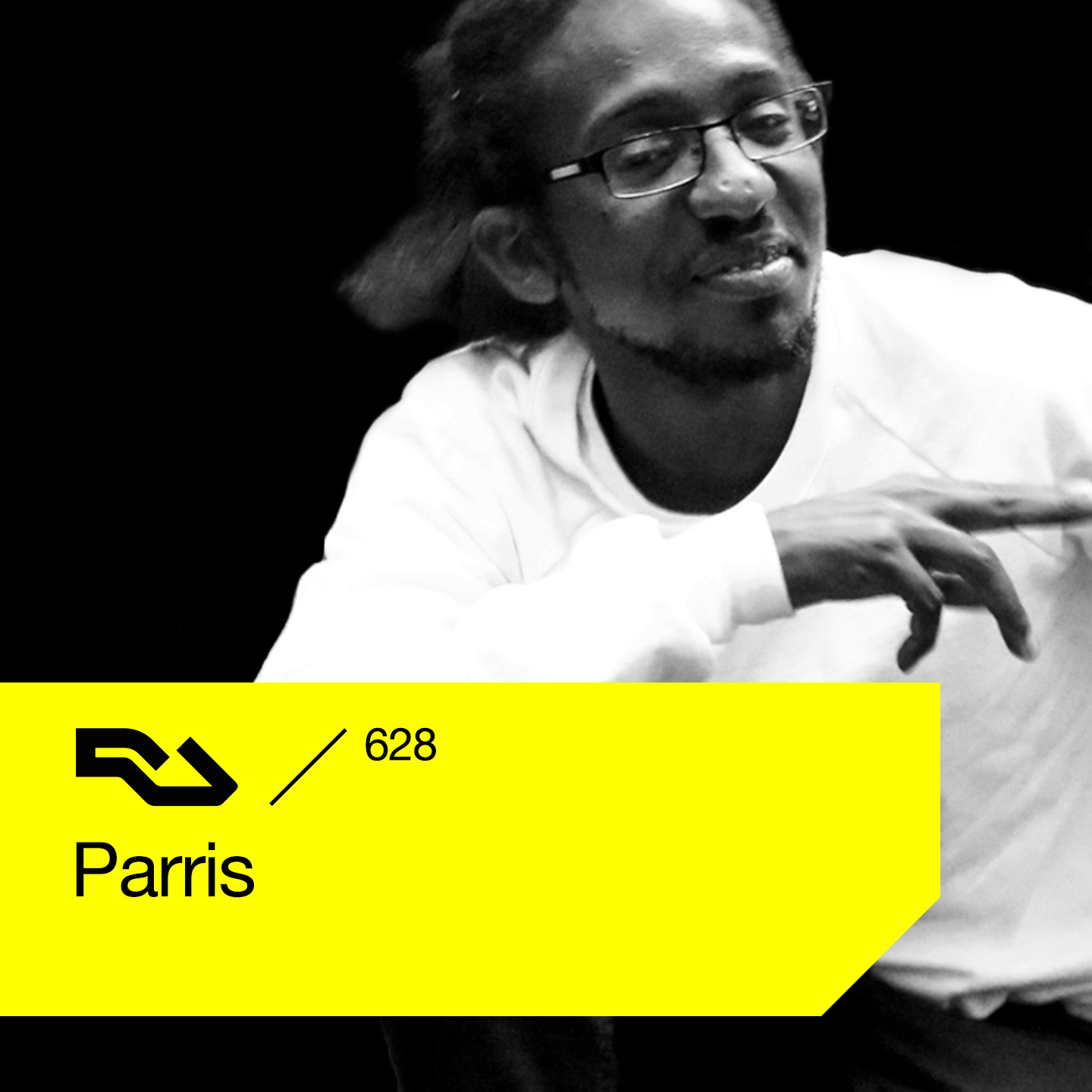this sounds in line with a topic that’s been central to me for a little while, and i’ve been thinking about starting a topic on the forum about, but tbh most the convo here has been relatively uniform and haven’t really had the moment to spark it.
what is the ‘underground’ for, at the moment?
in response to @weirdoslam, yes, the internet has played a part. But, although it seems 20-30 years too late, I feel there’s also a cultural phenomenon happening: the fall out of the ‘Post-Political’ era, since the fall of communism. Just as most political parties have given up political ideologies and have now sunk back into the position of mere moral crusaders, there seems there is no political reason for the underground to exist, as in, it’s not in opposition to anything. This is evident in @PiLhead’s summary of post-dubstep being mostly apolitical as a major difference compared with post-punk. The idea of subculture just existing as an island within a host culture seems fucking stupid to me. Most of us were alienated from something yet that thing seems intangible or unspoken, unintelligible.
As mentioned in many of my prior references, most the subversive stuff seems to be happening around black, queer, female artists, in opposition to their given identities. A lot of post-black artists (Dean Blunt, Gaika, NON) really saying ‘no’ to their attributed stereotypes, including the necessity of ‘black genres’ (such as perhaps those of the HCC).
There’s been much lamenting of the ‘white male culture’ today but this opposition hasn’t really opened up a revolt within that culture, it’s actually dug it in, gone back to ‘classical liberalism’, rather than give in to the need to reinvent the [collective] ‘self’. All this is evident in pop-culture for a while, with nothing really new coming through mainstream culture in at least 20-30 years, lots of flashback shit like The Strokes, Coldplay, french house, whatever the fuck.
I think it’s the right thing to do for the ‘underground’ to become interconnected with mainstream once more, and fulfil it’s purpose instead of laying dormant. The tendency the underground has shown in just shrivelling into it’s own self-reference really misses the point. Just look back to Dylan or Lou Reed interviews back in the day, these were fully fledged press conferences, and they had a need to be subversive, the mainstream actively pushed them underground, Genesis P Orridge was almost jailed. Today, try and find a TV interview (or even a Youtube interview (yes, with all that democratised capability!)) with most underground artists and you’ll be hard pushed to find something on most, and if you do, you certainly won’t find a mainstream interviewer trying to find out the artists intentions. It’s irrelevant.
One thing the underground is perhaps sticking up for, like the artists you mention, is a cross-pollination of different styles, regions, genders, creating a kind of ‘globalised sound’ rather than the exported globalisation of yesteryear (k-pop, regional rock, euro-dance, etc.). But if we look at mainstream politic (free trade, etc.) this is perfectly inline with neoliberalism. LGBT is pretty mainstream (for “leftist” parties) now too. I’m not saying I disagree with the importance of these beliefs, but there seems to be a lack of something to really oppose anything like the post-political status quo.
No ideology = no artistic intention = no provocation




 at least it felt like it
at least it felt like it ) so ofc im biased towards
) so ofc im biased towards 
 )
)